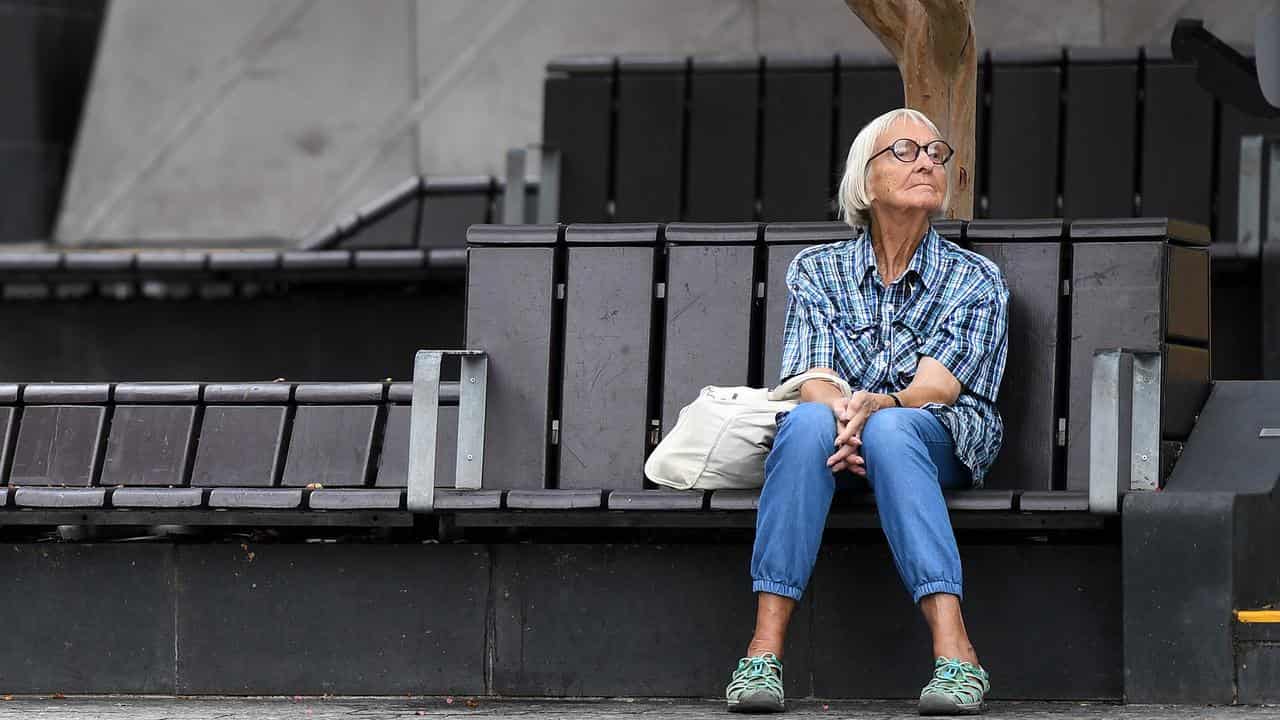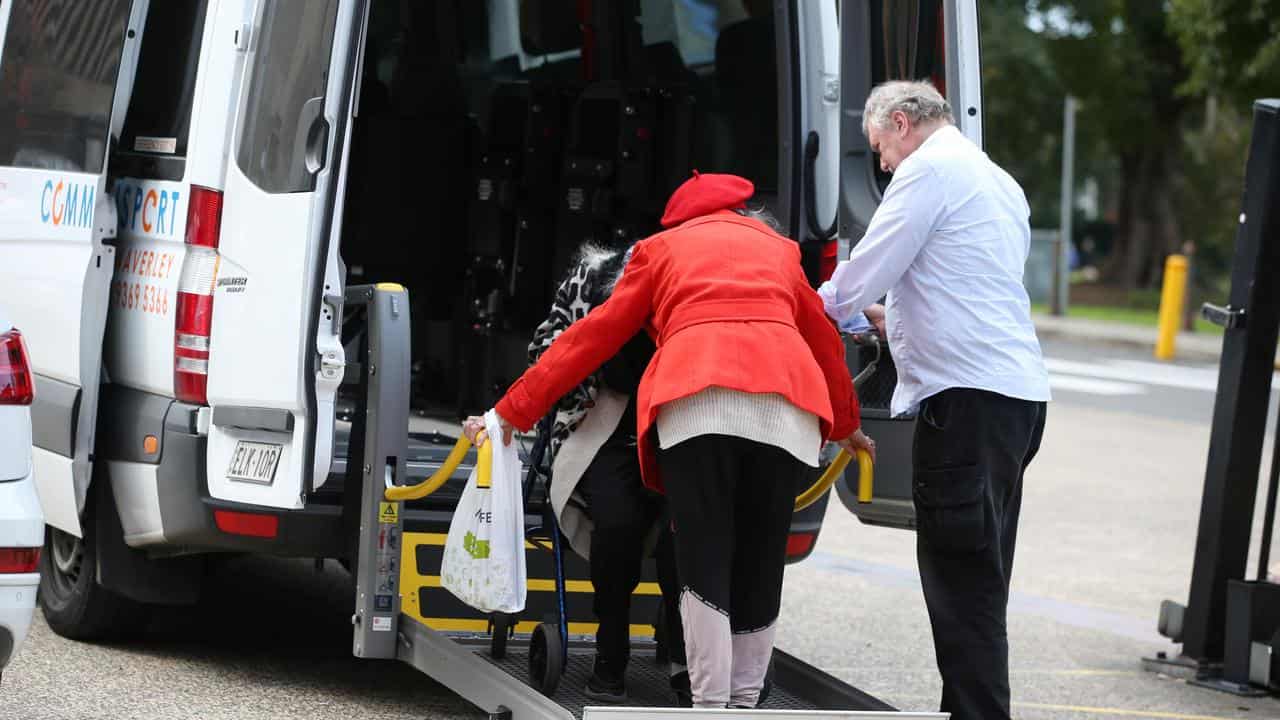
Senior citizens will receive greater support to live out their autumn years with dignity as sweeping changes to aged care become law.
The federal government's aged care bill, which passed parliament on Monday, will provide in-home help and improve conditions and protections for those living in aged care facilities from July.
About 1.4 million older Australians will receive support for nursing, occupational therapy and day-to-day tasks like cleaning and showering, to help them live independently in their homes by 2035.
The $5.6 billion package will be one of the largest improvements to the sector in 30 years, according to Aged Care Minister Anika Wells.
"This act means that people will be the beating heart of a strengthened aged care sector that replaces fear with trust," she told reporters in Canberra
To help fully fund the growing cost of care, those not already in aged or home care will have to make contributions for non-clinical care costs, but the amount they pay would depend on their income and assets.
The most anyone would pay for these independence and everyday living costs would be $130,000 after the the lifetime contribution cap was raised from $76,000.
Though the government will spend $930 million over four years, it will save $12.6 billion over the next 11.
The Commonwealth will remain the main funder of aged care.

For every dollar a person in aged care contributes, the federal government will chip in $3.30 on average to residential care and $7.80 for home supports.
The new laws will also enshrine the rights of older Australians in aged care and implement new aged care quality standards.
These changes come after a royal commission found abuse and substandard care were rampant in the sector.
Though the new laws implement many of the commission's recommendations, they do not include criminal penalties for serious harm and neglect, which has drawn concerns from the Greens.
Regardless, the changes have been welcomed by advocates with the Aged and Community Care Providers Association hailing the bill's passage as a historic moment for the aging population.
Over the next four decades, the number of Australians over the age of 65 is expected to double and those older than 85 is predicted to triple, fuelling demand for aged care.
Most older Australians are in the dark about the financial implications of moving into aged care and do not have a firm grasp on the government assistance available to them.
Four in five retirees feel unprepared about the transition to aged care, an AMP survey finds.
Seven in 10 worry about the cost of care and a third are concerned about the cost to their children.

The AMP group executive of super and investments, Melinda Howes, said the findings aligned with common queries put to financial advisers about the cost of the service and what to do with the family home and other assets.
“More affordable and accessible financial advice is central to building this confidence, and in helping demystify the nuances and complexities of our retirement system, including how the aged care system interacts with the pension and family home," she said.
Earlier research by the financial services firm found many Australian retirees were fearful their savings would run out.
Worries about the state of their finances was chilling conversations with their children about intergenerational wealth transfer, despite many older Australians keen to help their offspring into home ownership.









